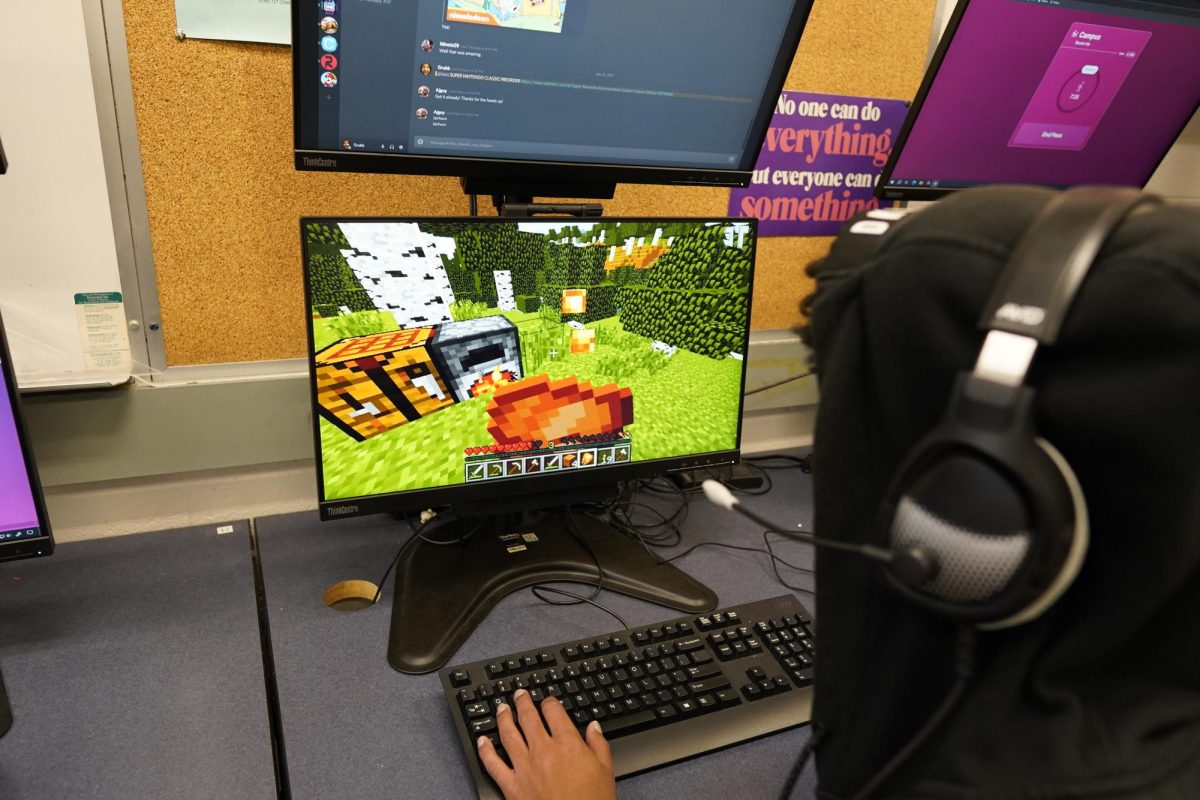Some things never change, and the modern style of teaching is one of them. For what seems like ages, the way students are taught has remained almost the exact same: learn the material at school and then go home to practice it some more. This style of teaching has clearly proven to be inefficient. With the newer generations becoming more and more obsessive over technology, teachers are finding themselves competing with a screen for the attention of their students. Playing video games has long been thought of as detrimental to a child’s growth. However, this statement couldn’t be farther from the truth. I believe that claim to be dismissive of the rest of the story. Not only that, but the truth about video games might just be the key to success.
The Adolescent Brain Cognitive Development (ABCD) Study is an ongoing study dedicated to finding out the truth about video games and their effect on children. They first looked at two separate groups: one that plays video games and a group that does not. And the revelations that this study provided confirmed my suspicion. This study revealed that the group who played video games displayed higher activity in areas of the brain associated with attention and memory, two things that are absolutely useful in rigorous core and language classes. In addition, the children who played video games each day performed significantly better in cognitively demanding tasks, which tends to be most classwork and homework. As we can see, gaming clearly isn’t the monstrosity some adults make it out to be. Though, not everything that the study revealed was that simple.
While the ABCD study showed no signs of video games increasing violence, it did show that kids who play video games tend to score higher on tests measuring symptoms of ADHD and depression. This may sound concerning, but according to the study, the symptoms did not reach levels that were considered clinically significant, which means that there should be little to no issues in most classroom settings. Furthermore, most of the test results were highly dependent on the genre of games the child played. For example, a kid that prefers strategic games might exhibit further attention to detail than a kid who plays shooter-style games, but with a slower reaction time. This also applies for emotional challenges such as anger issues. Of course games that stimulate emotional issues are problematic, but that genre comprises a miniscule amount of the vast number of video games, so steering clear of those should be very easy.
Lastly, it is important to mention that these kids are still developing and maturing. As of right now, the age range for the kids in the test is roughly 11-13, which is clearly not fully developed in terms of mental capacity, but the age range for these kids is closer to the age of students who are just now entering high school. This means that while the study does not say to play video games every waking hour, if used in a way such as Prodigy or other educational games, an extra hour of gaming time might just benefit your ability to grow and learn in class.










